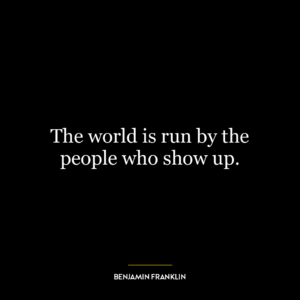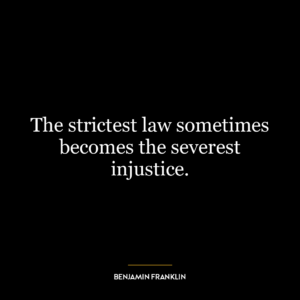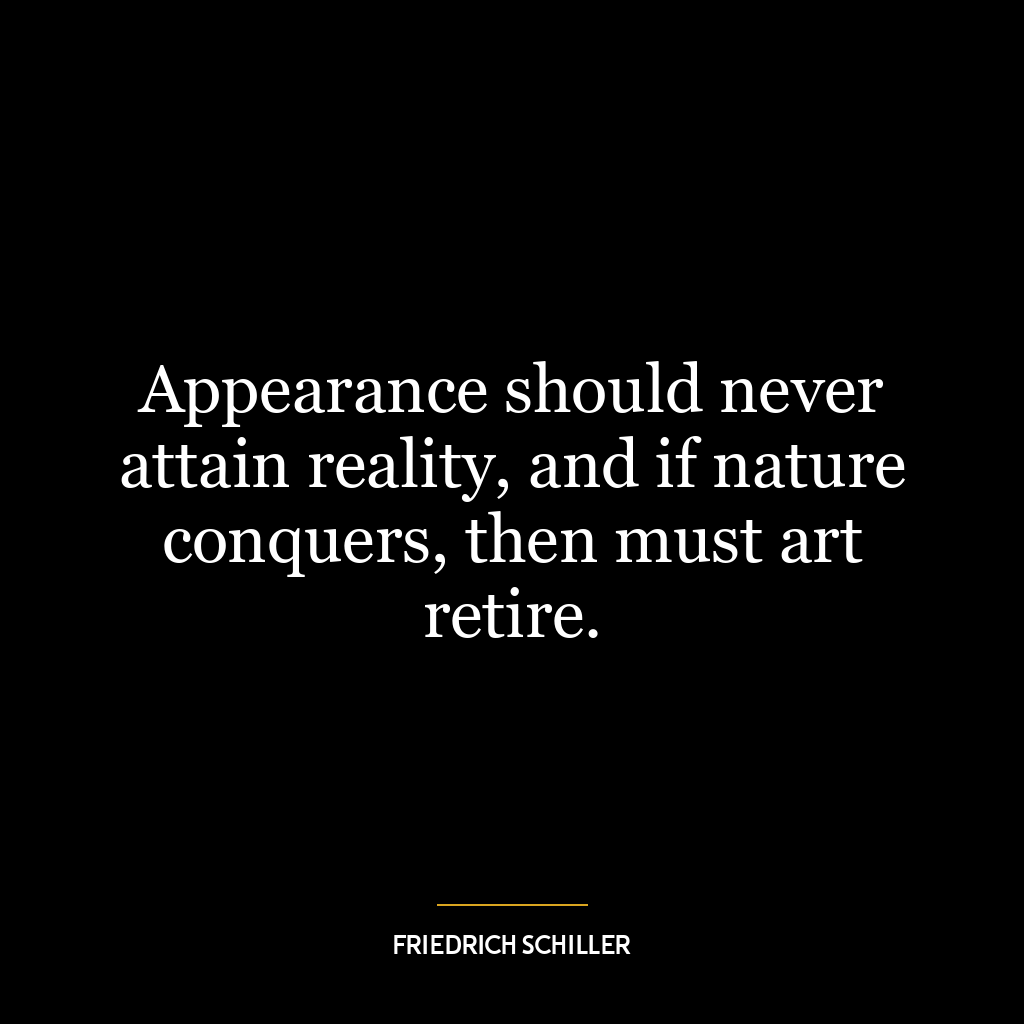If you wou’d have Guests merry with your cheer, Be so your self, or so at least appear.
This quote essentially means that if you want your guests to be happy and enjoy themselves at your gathering, you must also exhibit happiness and enjoyment. Even if you don’t feel particularly cheerful, it’s important to at least appear to be, as your mood can greatly influence the atmosphere of the event.
The underlying principle here is emotional contagion, which is the phenomenon of having one person’s emotions and related behaviors directly trigger similar emotions and behaviors in other people. As the host, you set the tone for the gathering. If you’re visibly stressed or unhappy, your guests can pick up on that and it can dampen their mood. On the other hand, if you’re lively, enthusiastic, and appear to be enjoying yourself, your guests are likely to mirror that positivity and have a good time.
Applying this idea in today’s world, it’s especially relevant in the fields of customer service, hospitality, and any profession that involves direct interaction with people. For instance, if a customer service representative is cheerful and friendly, it’s likely to improve the customer’s mood and overall impression of the service.
In terms of personal development, this quote underscores the importance of emotional intelligence and the ability to manage and express one’s emotions in a way that enhances interpersonal relationships. It’s about understanding the impact of our emotions on others and adjusting our behavior accordingly. This is a valuable skill in all areas of life, from personal relationships to professional interactions. It’s about creating a positive environment and experience for others, even when we might not be feeling our best.















